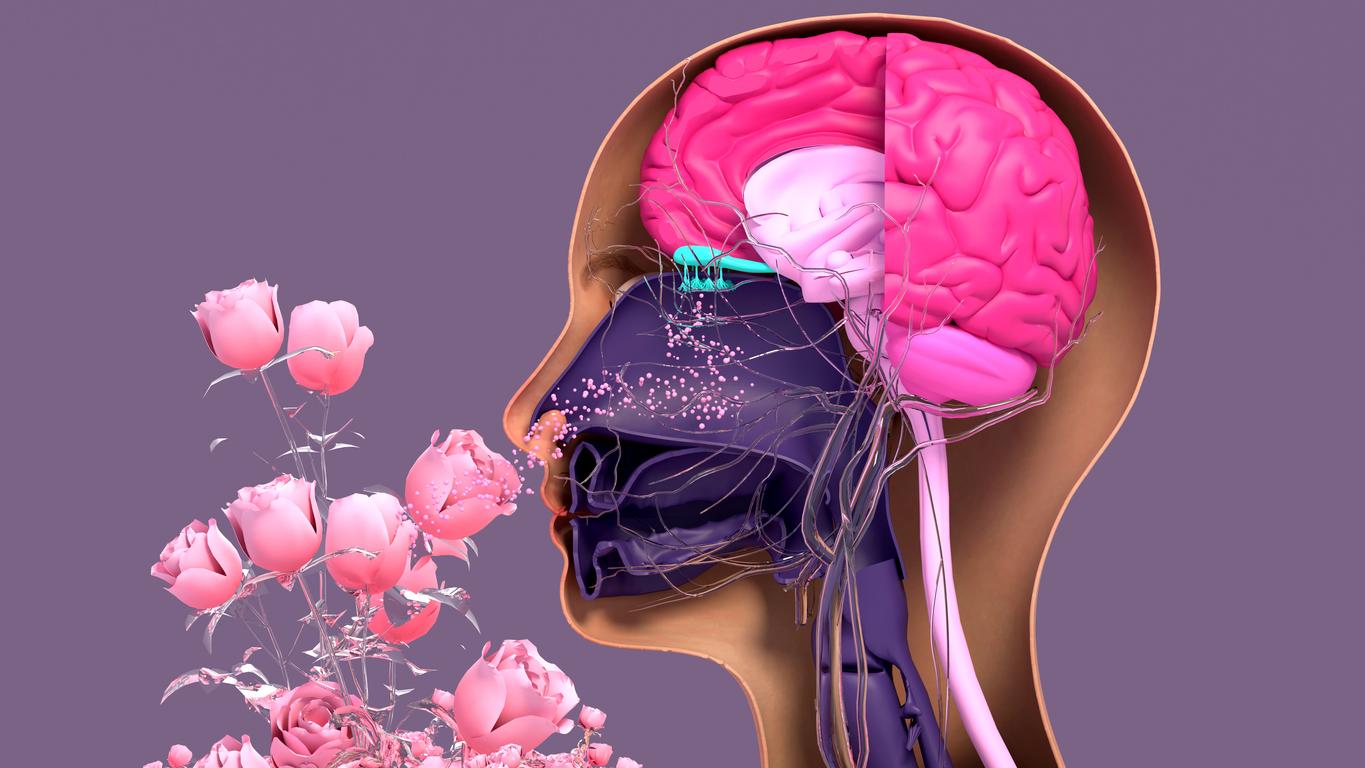It is established that the foods you eat have an impact on your health. We are less aware of it, but brain health is also linked to the contents of our plate. An American nutritionist has just drawn our attention to a spice: turmeric. Very rich in antioxidants, it is already known for its benefits for heart health and immunity.
According to nutritionist Mary Sabat, interviewed by our American colleagues from SheFinds, turmeric would be particularly interesting for improve Memory and the cognitive function. Other research has previously suggested that there is a link between turmeric and brain health. In particular thestudy carried out in 2008by the Department of Neurology at the University of Southern California, on the effect of curcumin (turmeric) on Alzheimer’s disease.
What is turmeric?
Turmeric is a tropical plant native to India whose rhizomes (underground stems) somewhat resemble those of its cousin, ginger. They are distinguished by their smaller size, and above all, when cut, by their beautiful yellow-orange color. This spicy, in addition to delighting our taste buds, is a key ingredient in Ayurvedic medicine. It has also been the subject of numerous scientific studies in recent years, which have highlighted its multiple benefits for health.
Why is turmeric good for the brain?
Turmeric has properties anti-inflammatories, thanks to a compound called curcumin. Nutritionist Mary Sabat explains: “Curcumin is known for its strong anti-inflammatory and antioxidant properties“. She specifies: “Chronic inflammation is thought to play a role in the development of cognitive decline and neurodegenerative diseases like Alzheimer’s disease.” She adds : “By reducing inflammation in the brain, curcumin may help protect against cognitive decline “.
“Research suggests that curcumin may also help slow the progression of Alzheimer’s disease”
In addition, according to the specialist, regularly adding turmeric to your diet could contribute to prevent the Alzheimer’s diseaser by reducing the formation of amyloid plaques. The nutritionist explains: “Alzheimer’s disease is characterized by the accumulation of beta-amyloid plaques in the brain, which are thought to contribute to cognitive decline.“She informs that:”Some research suggests that curcumin may help clear these plaques from the brain, slowing the progression of Alzheimer’s disease..”
The nutritionist draws attention to the fact that turmeric has shown its effectiveness in the production of brain-derived neurotrophic factor (BDNF): this is an important protein in the formation, functioning and memory of the brain: “BDNF is essential for the survival and growth of neurons and helps form new connections between them. Higher levels of BDNF are associated with improved memory and cognitive function“, she explains.
“Good cardiovascular health is linked to better cognitive function”
Finally, curcumin might also improve blood vessel function and reduce the risk of cardiovascular illnesses, which, in turn, could improve brain function. The nutritionist explains: “Good cardiovascular health is linked to better cognitive function because it ensures a regular supply of oxygen and nutrients to the brain.” Mary Sabat ends up advising combining turmeric with black pepper for better absorption, as it can “significantly increase the bioavailability of curcumin“.
Sources:
This Surprising Ingredient Can Preserve Memory And Ward Off Cognitive Decline.shefinds.com

















